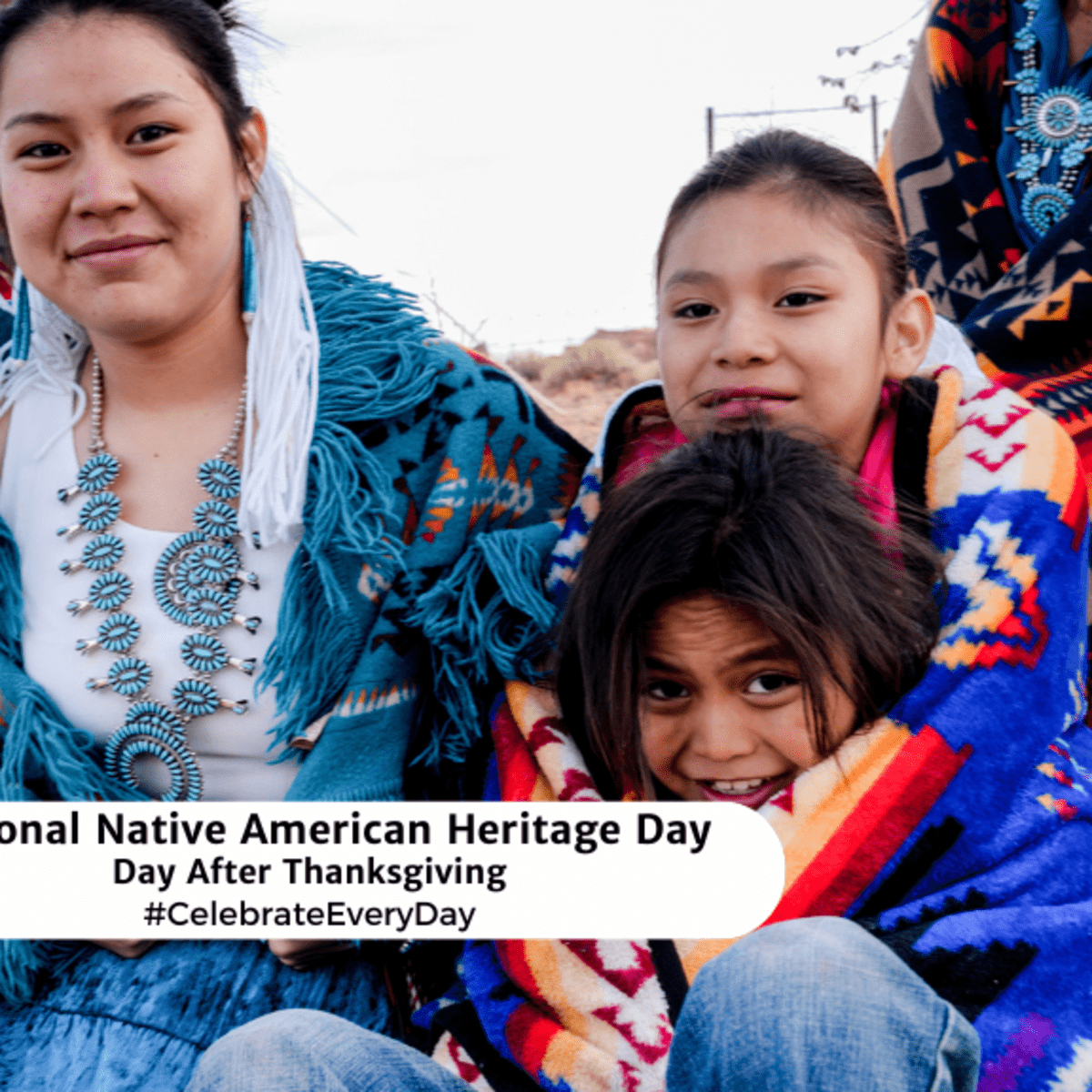The Importance of Data Collection for Violence Against Native
4.6 (762) · € 23.00 · En Stock
The history of indigenous women in this country has been undeniably stained by centuries of brutality at the hands of their oppressors. For too long, laws and policies in the United States have denied Indigenous women the basic human rights of bodily autonomy, self-advocacy, and justice -- all of which they are entitled to as a basic human right. The ripple effects of this long-standing abuse, mainstream ambivalence toward the problem, and lack of accountability for these crimes can still be felt today.

In 1920, Native Women Sought the Vote. Here's What's Next. - The New York Times

Research reveals media role in stereotypes about Native Americans - Women's Media Center
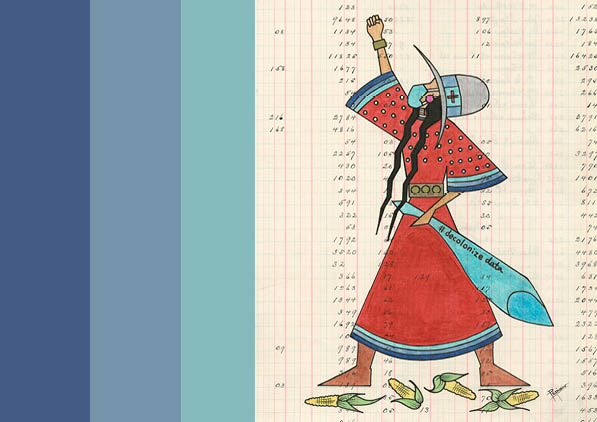
Data Genocide of American Indians and Alaska Natives in COVID-19 Data – Urban Indian Health Institute

Why the War of 1812 Was a Turning Point for Native Americans

StrongHearts Native Helpline Understanding the High Rates of Violence Against Native Americans

Indigenous Data Sovereignty and Indigenous Evaluation: Improving Philanthropic Practice
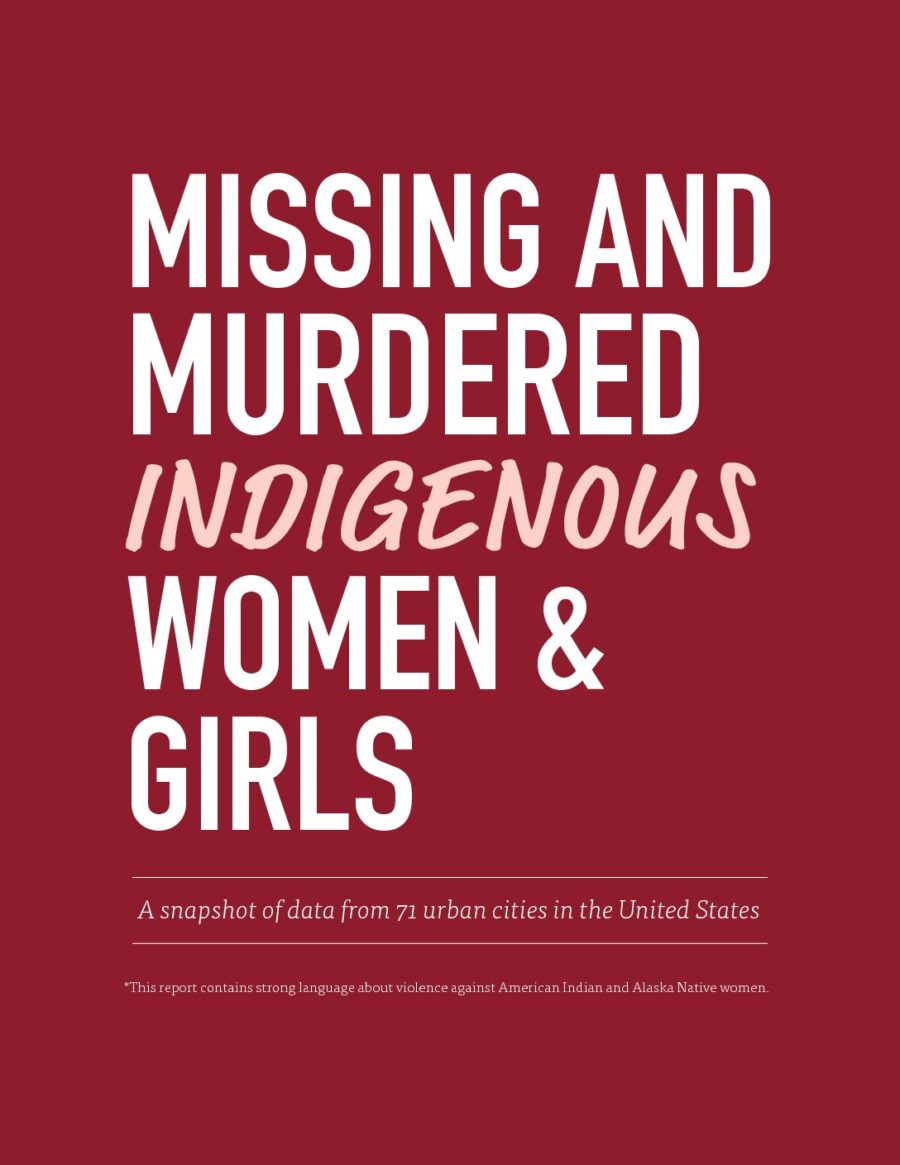
Our Bodies, Our Stories – Urban Indian Health Institute
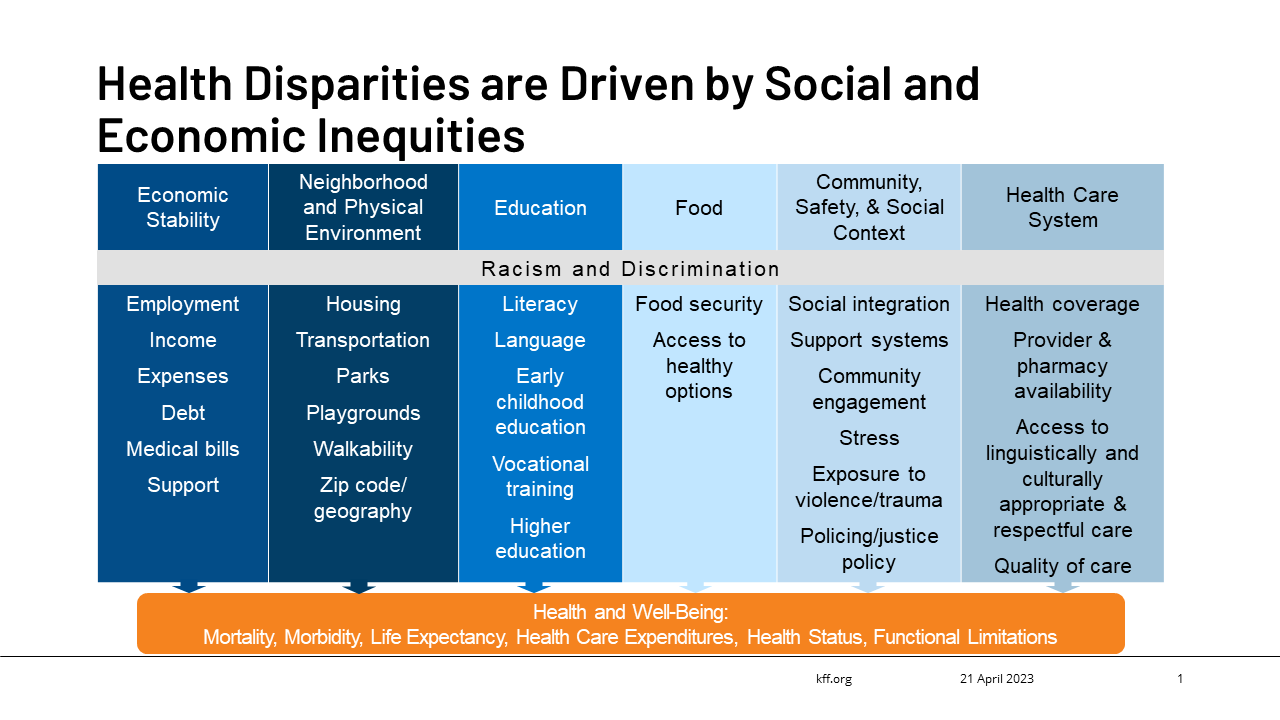
Disparities in Health and Health Care: 5 Key Questions and Answers

Global impacts of extractive and industrial development projects on Indigenous Peoples' lifeways, lands, and rights

Indigenous Peoples' lands are threatened by industrial development; conversion risk assessment reveals need to support Indigenous stewardship - ScienceDirect
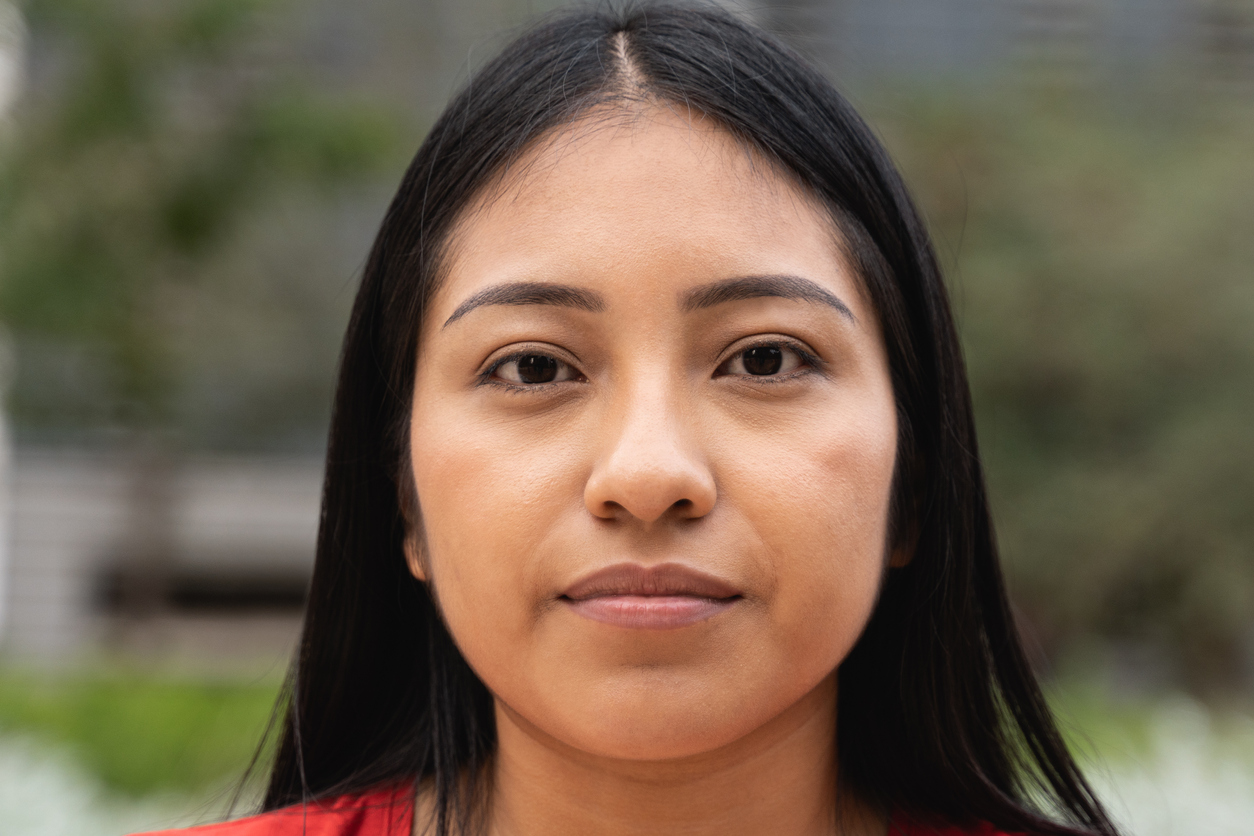
The Importance of Data Collection for Violence Against Native American/Alaska Native Women
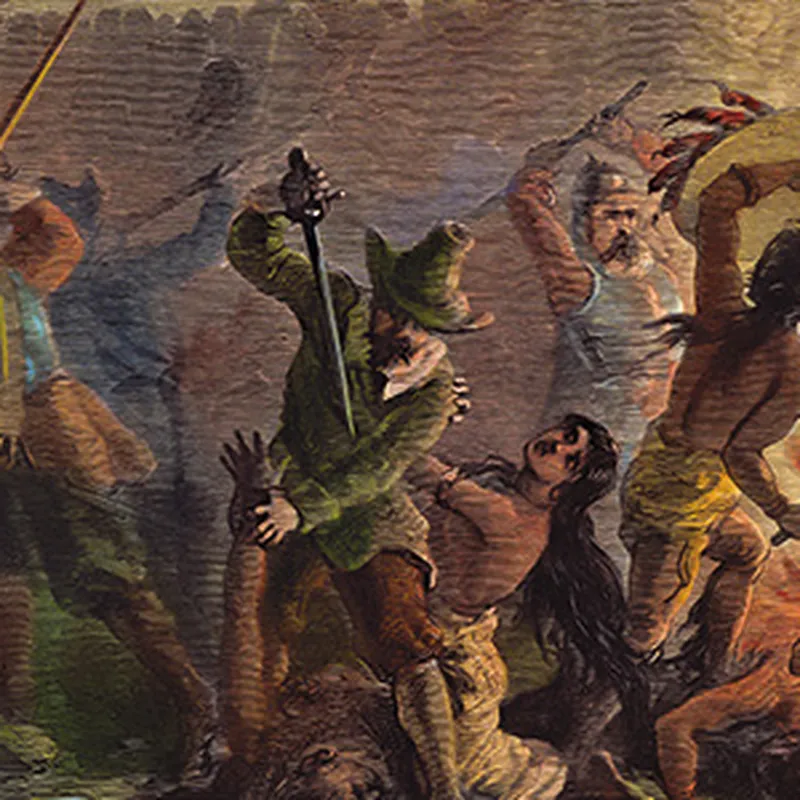
The Shocking Savagery of America's Early History, History
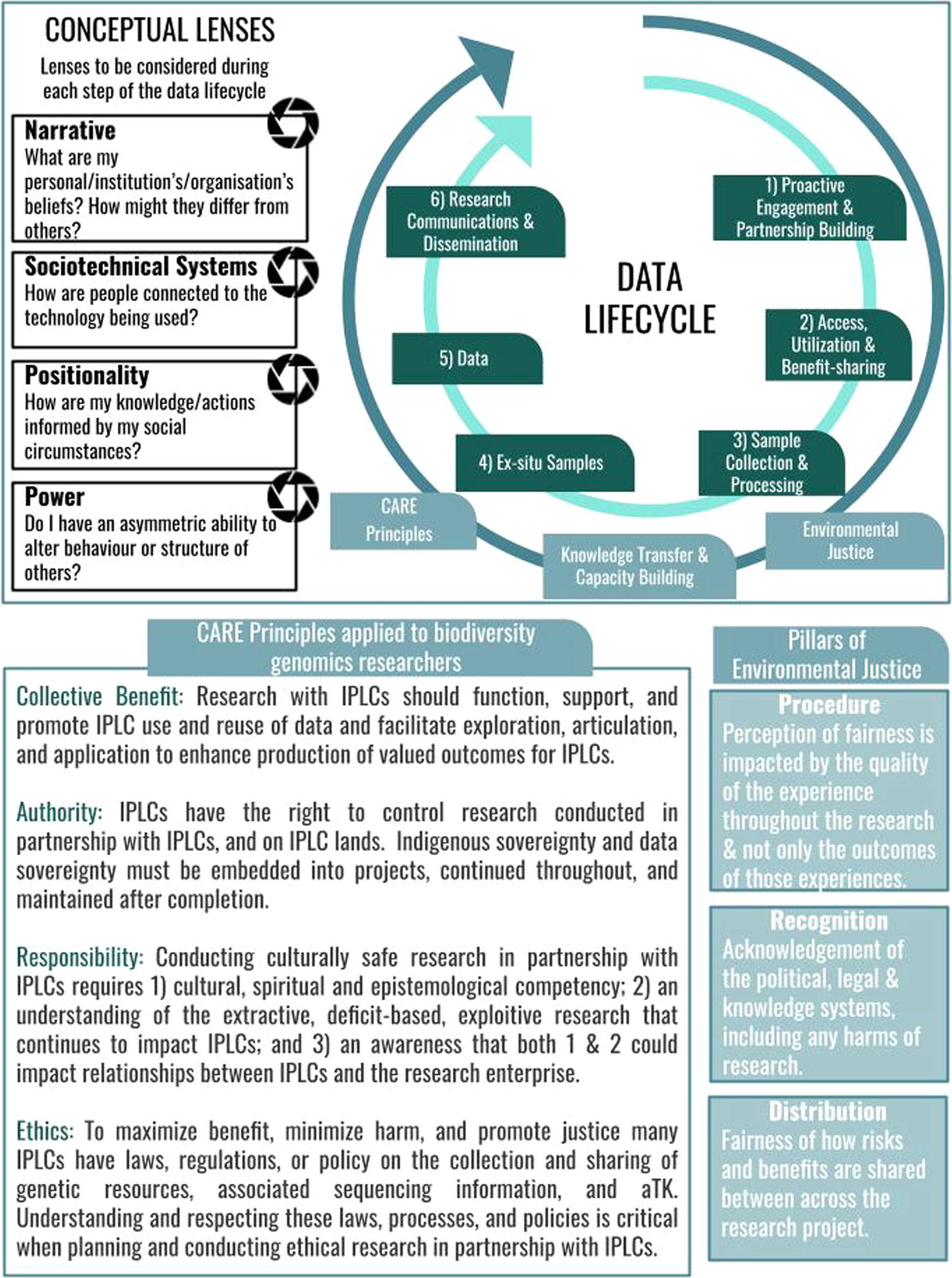
Indigenous peoples and local communities as partners in the sequencing of global eukaryotic biodiversity
)





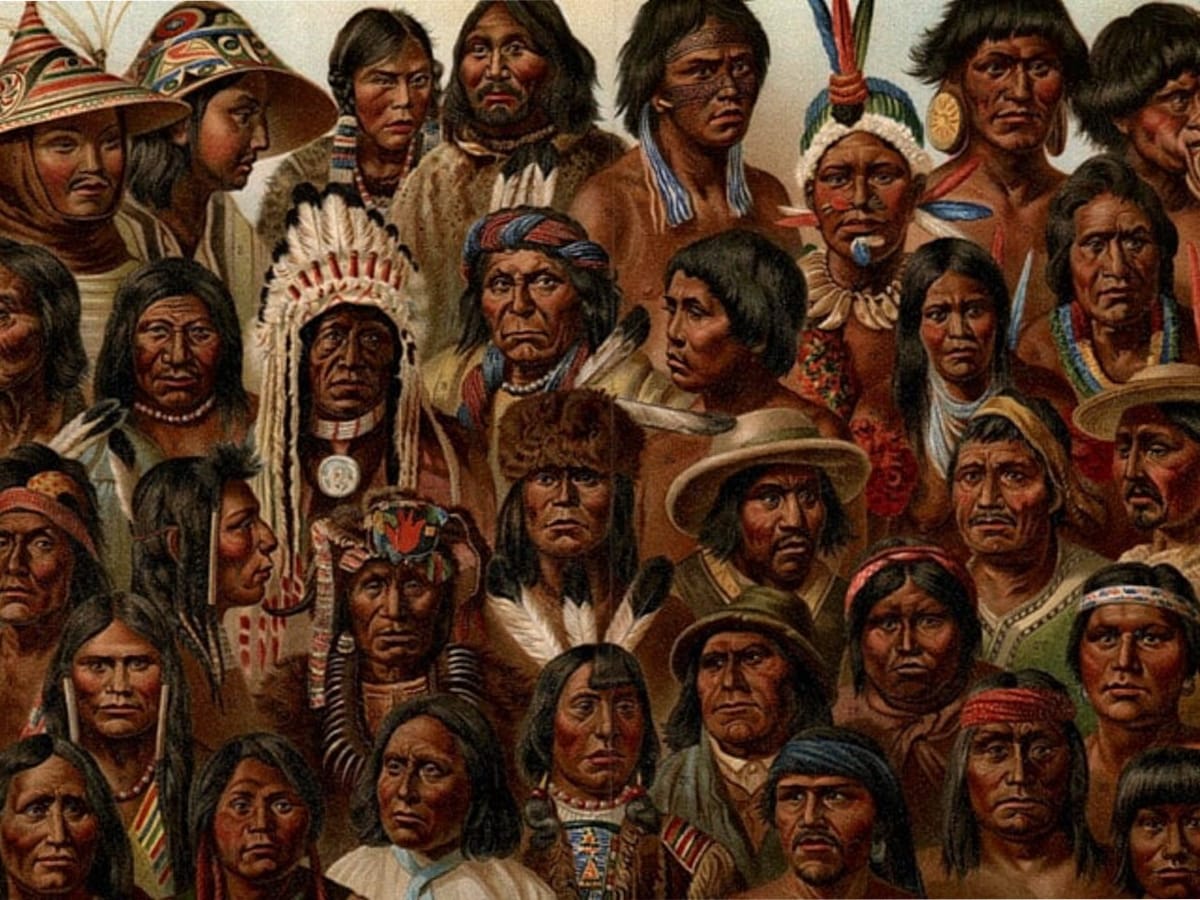
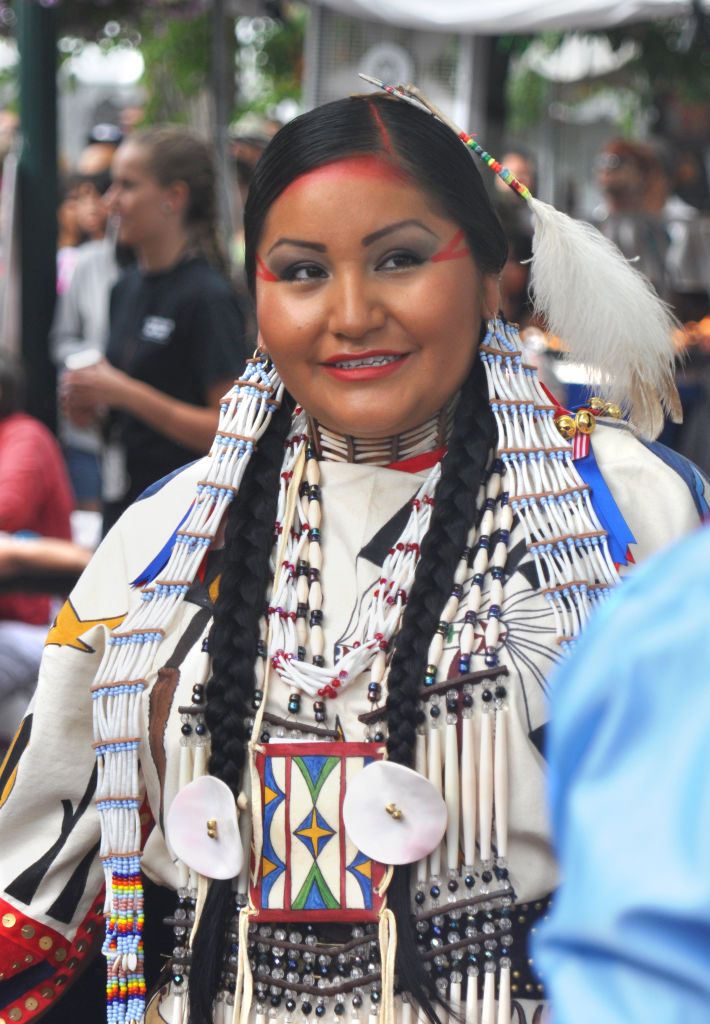
:max_bytes(150000):strip_icc()/usa--idaho--lemhi-county--salmon--portrait-of-young-shoshone-woman-wearing-traditional-clothing-97781031-59f88aa4845b340011b9f832.jpg)

